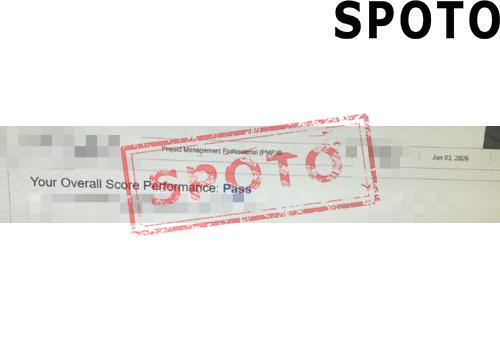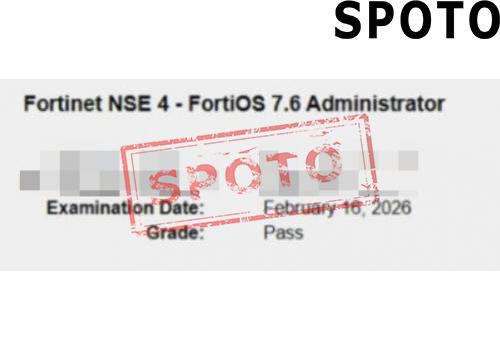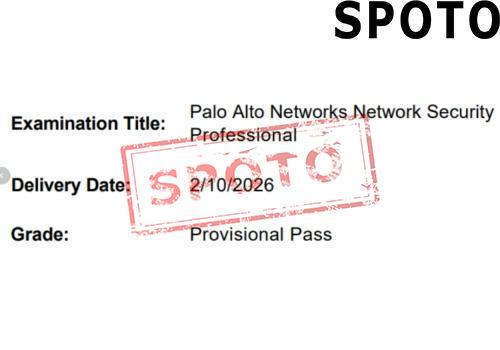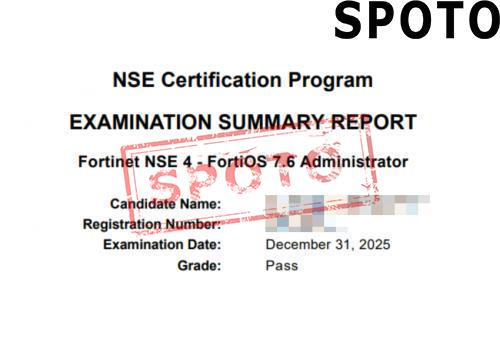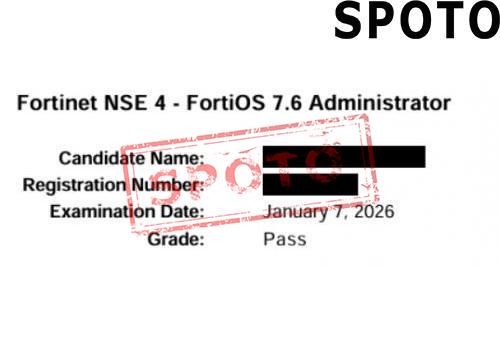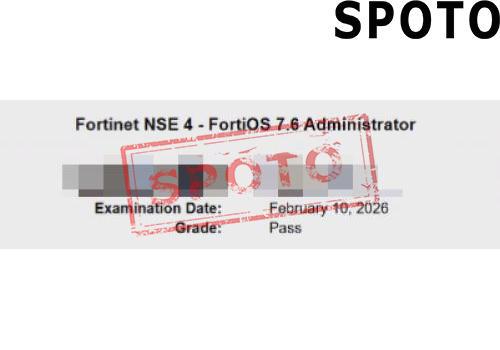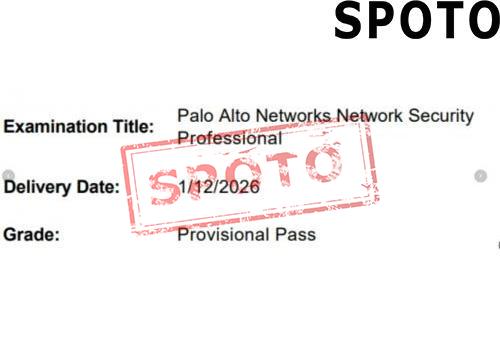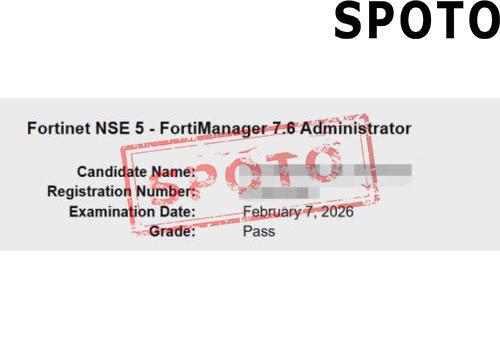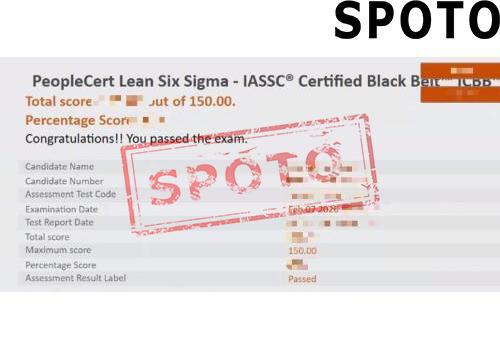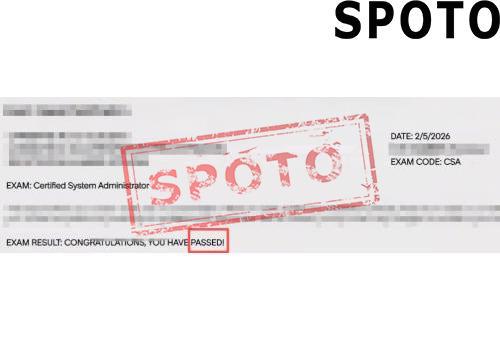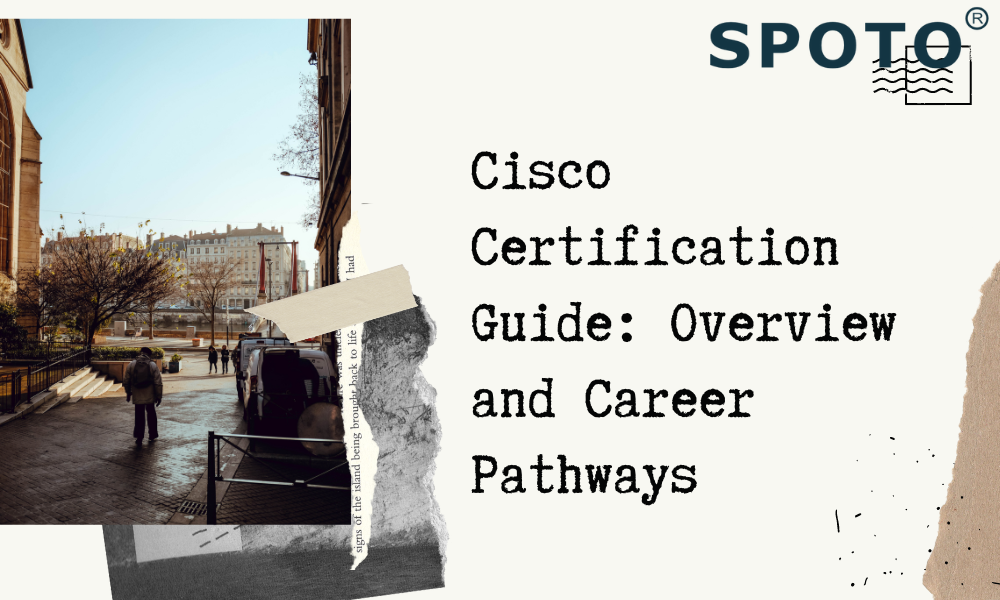
Cisco certifications remain the industry standard for networking and IT professionals. Whether you’re just starting out or seeking expert‑level mastery, Cisco’s multi‑level certification program maps clear career pathways—from entry‑level technician roles all the way to elite architect and DevNet expert credentials. This guide corrects outdated tracks, integrates the latest May 2026 updates, and aligns with your top Google Search Console queries like “cisco career certification”, “cisco career path”, and “cisco certification tracks”.
1. Certification Levels & Career Pathways
Entry & Associate Levels
-
Cisco Certified Support Technician (CCST)
-
Focus: On‑site hardware/network device support
-
Exams: 100‑140 CCST (IT Support), 100‑150 CCST (Networking), 100‑160 CCST (Cybersecurity)
-
-
Cisco Certified Network Associate (CCNA)
-
Focus: Core networking fundamentals—IP services, security, automation
-
Exam: 200‑301 CCNA
-
-
Cisco Certified DevNet Associate
-
Focus: Basic software development and automation on Cisco platforms
-
Exam: 200‑901 DEVASC
-
-
Cisco Certified CyberOps Associate
-
Focus: Security operations center skills—monitoring, detection, response
-
Exam: 200‑201 CBROPS
-
Career tip: Entry‑level associates often transition into network administrator, SOC analyst, or automation engineer roles.
Professional Level
Professional certifications combine a core exam plus one concentration in your chosen track. Core exams also serve as qualifiers for corresponding CCIE lab exams.
-
CCNP Enterprise
-
Core: 350‑401 ENCOR
-
Concentrations (choose one): ENARSI, ENSDWI, ENSLD, ENWLSD, ENWLSI, ENAUTO, ENCC, ENNA
-
-
CCNP Security
-
Core: 350‑701 SCOR
-
Concentrations: SNCF, SISE, SESA, SWSA, SVPN, SAUTO, SCAZT, SDSI (new)
-
-
CCNP Data Center
-
Core: 350‑601 DCCOR
-
Concentrations: DCID, DCIT, DCACI, DCACIA, DCAUTO
-
-
CCNP Collaboration
-
Core: 350‑801 CLCOR
-
Concentrations: CLICA, CLACCM, CLCEI, CLAUTO
-
-
CCNP Service Provider
-
Core: 350‑501 SPCOR
-
Concentrations: SPRI, SPVI, SPAUTO, SPCNI
-
Additional professional paths:
-
Cisco Certified DevNet Professional (350‑901 DEVCOR + one automation concentration exam)
-
Cisco Certified CyberOps Professional (350‑201 CBRCOR + one SOC concentration exam)
Career tip: CCNP holders often advance to senior engineer, solutions architect, or automation specialist roles.
Expert & Specialist Levels
-
CCIE (Expert)
-
Labs: Hands‑on lab exam following the corresponding core exam (e.g., ENCOR + Enterprise Infrastructure lab)
-
Tracks: Enterprise Infrastructure, Enterprise Wireless, Data Center, Collaboration, Security, Service Provider
-
-
CCDE (Design Expert)
-
Exams: 400‑007 written + practical design exam
-
-
Cisco Certified DevNet Expert
-
Requirements: Pass DEVCOR (350‑901) and complete the hands‑on lab
-
-
Specialist & New Badges
-
Designing Cisco Security Infrastructure Specialist (new as of May 20, 2025)
-
Cisco Certificate in Ethical Hacking
-
Career tip: Expert‑level credentials prepare you for network architect, principal engineer, and IT leadership roles.
2. Updated 2026 Changes & Corrections
-
Retired CCDA & CCDP – these design and routing/switching associate certifications were consolidated under CCNA and CCNP Enterprise in February 2020.
-
New CCST Tracks – now includes IT Support, Networking, and Cybersecurity entry‑level exams.
-
SDSI Concentration – added to CCNP Security for specialized design skills.
-
Ethical Hacking Certificate – vendor‑agnostic offensive security badge launched May 2025.
